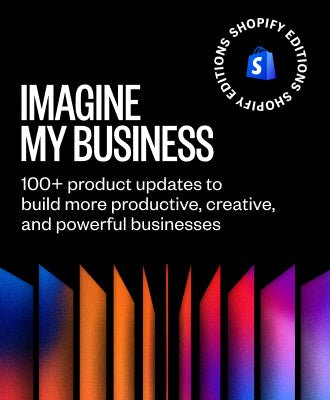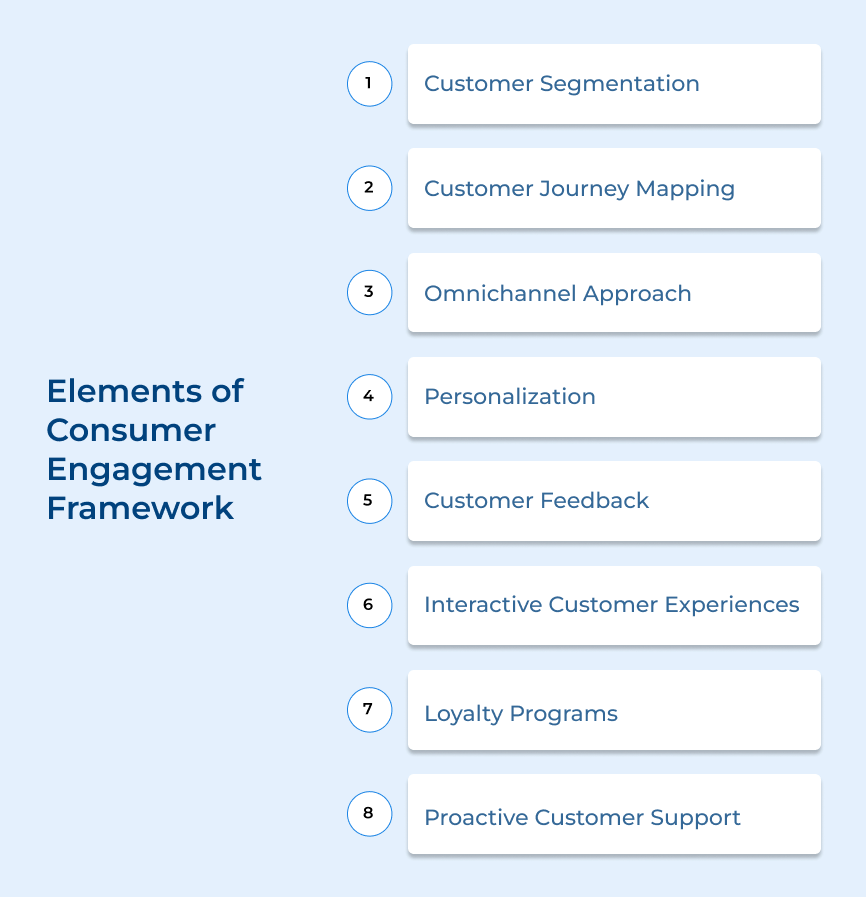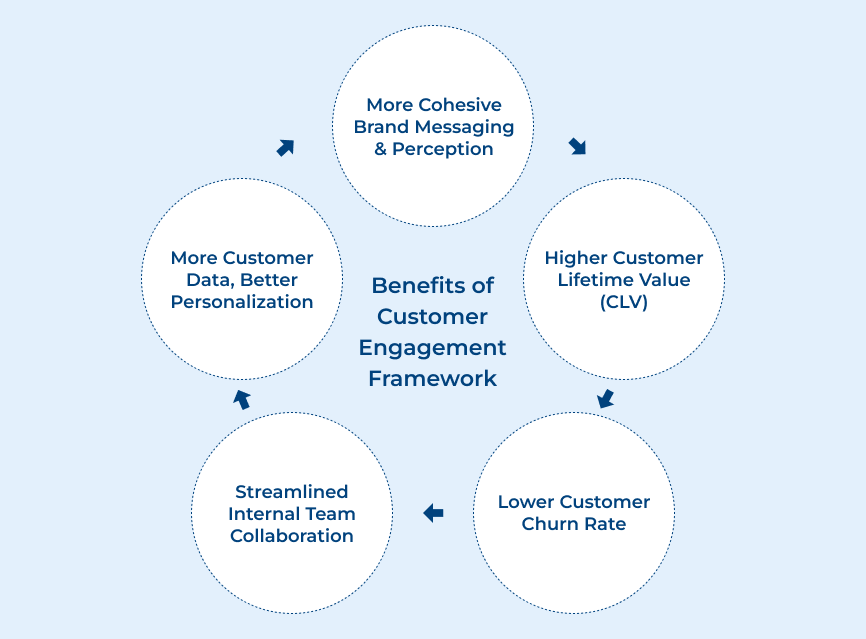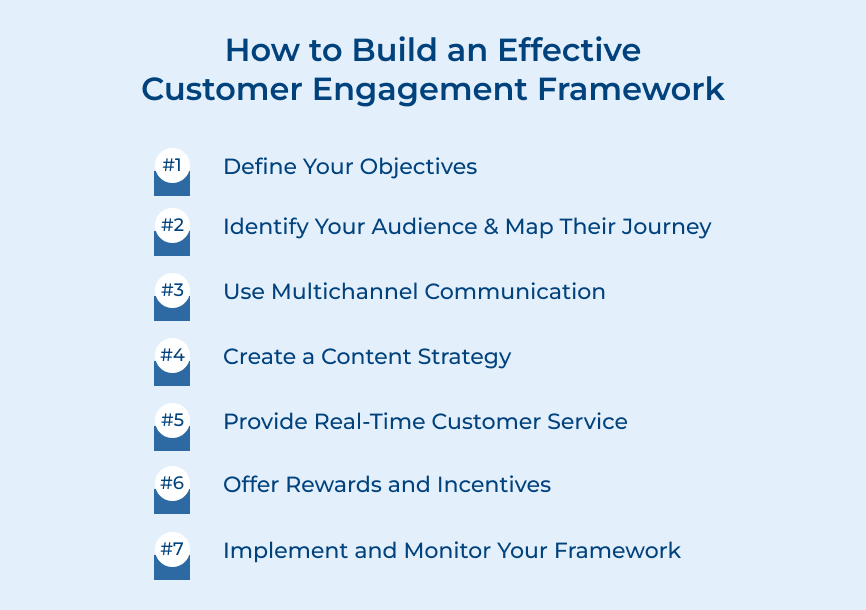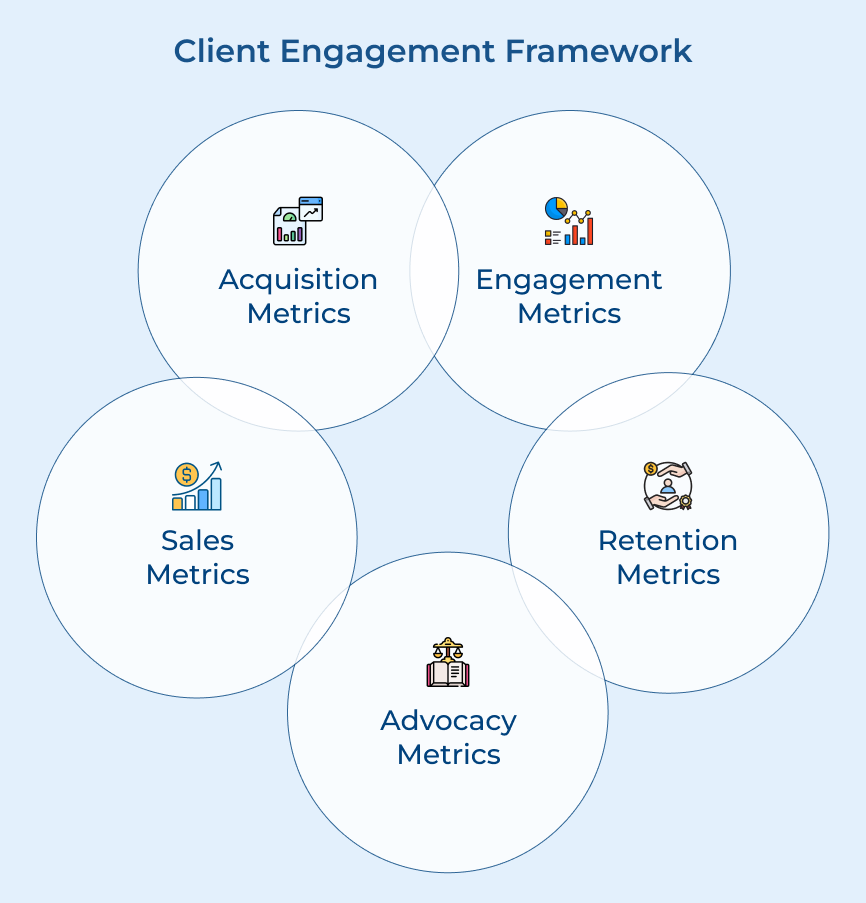Customer segmentation is a vital element of an effective customer engagement framework. Categorizing customers based on demographics, behavior and needs helps businesses gain valuable insights into their diverse audience.
The knowledge empowers them to tailor messaging and marketing strategies to specific customer groups. The tailored approach ensures that each segment receives content and offers that resonate with their preferences. Targeted engagement approaches lead to higher relevance and resonance, boosting customer satisfaction.
Creating a comprehensive customer journey map allows businesses to visualize and understand the various touch points of their customers’ interactions with the brand. It involves plotting a timeline of customer interactions across different channels, enabling the identification of potential gaps or pain points in the customer experience.
Armed with such insights, businesses can make strategic improvements, ensuring a seamless and satisfying customer journey at every stage. Addressing pain points and enhancing customer interactions eventually facilitates customer loyalty.
Businesses must embrace an omnichannel approach to customer engagement with numerous communication channels at their disposal. Marketing campaigns on three or more channels generated a 287% higher rate of purchasing than those using a single channel.
The approach promotes a sense of familiarity, as customers encounter the same brand identity and values regardless of the channel they choose to interact with. An omnichannel strategy enhances customer engagement, as customers can seamlessly switch between platforms while experiencing a unified brand experience.
Personalization is a powerful strategy that tailors the customer experience to individual preferences and interests. Effective use of the data and insights enables businesses to create personalized recommendations that resonate with each customer on a deeper level.
The level of customization enhances customer satisfaction and loyalty, as customers feel valued by the brand. Personalized experiences facilitate emotional connections, motivating customers to return for future interactions and share positive experiences with others.
Customer feedback serves as a critical component of successful customer engagement strategies. Actively soliciting feedback gives businesses valuable insights into customer needs and satisfaction levels. It promotes continuous improvement, helping businesses refine their engagement strategies and address areas that require attention.
Responding to customer feedback demonstrates a commitment to their needs. It strengthens customer relationships and builds trust in the brand. Implementing customer feedback effectively ensures that the engagement framework remains adaptive and responsive to customer expectations.
-
Interactive Customer Experiences
Creating immersive and interactive customer experiences lies at the heart of a successful engagement framework. Elements like quizzes, polls and contests allow businesses to actively involve customers. Such interactive experiences encourage customers to engage deeply with the brand.
Customers become more likely to share their positive experiences with friends and family. It organically expands brand reach and awareness. Using immersive activities empowers businesses to cultivate lasting emotional connections. Such an experience instills a genuine enthusiasm for continued interactions and brand loyalty.
Incorporating well-designed and enticing loyalty programs is a strategic approach to nurturing customer engagement. Rewarding customers for their loyalty through enticing incentives like discounts, exclusive offers, or redeemable points. It helps businesses encourage more engagement and brand advocacy.
Tailoring loyalty rewards to customers’ preferences creates a sense of personalized appreciation, making customers feel recognized and valued. As customers experience the benefits of loyalty programs, they are motivated to stay committed to the brand, resulting in heightened customer retention and increased lifetime value.
-
Proactive Customer Support
Proactively delivering exceptional customer support is crucial in maintaining robust customer relationships. Anticipating customer needs and addressing queries or concerns before customers even articulate them sets a high standard of care. Armed with data analytics and AI-driven solutions, businesses can identify potential issues.
The proactive approach demonstrates a genuine commitment to the well-being of customers. It specifically enhances overall satisfaction and cultivates a deep sense of trust. As customers experience seamless support and feel valued by the brand, their engagement levels soar, leading to long-lasting relationships.
Benefits of Customer Engagement Framework
The following are the benefits of having a customer engagement framework in place. These aren’t surface-level gains; they shape how customers interact with your brand, how loyal they become and how much long-term value they bring.





